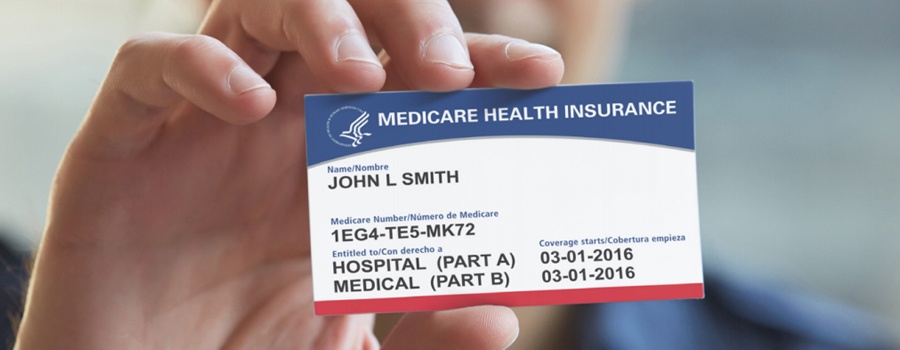Due to a legislative mandate in MACRA passed in 2015, Medicare will no longer use Social Security numbers to identify individuals. Instead, a new randomly generated Medicare Beneficiary Identifier (MBI) will be assigned to all 58 million Medicare recipients. New Medicare ID cards containing the MBI are currently being sent to recipients.
The MBI replaces the Health Insurance Claim Number (HICN) used for Medicare transactions like billing, eligibility status, and claim status. Whereas the HICN started with the 10-digit Social Security number and ended with a letter or two designating a policy type, the 11-digit MBI will contain both letters and numbers throughout.
The transition to these new cards is a big step for patients as well as providers, and all stakeholders must be ready to accept, receive and transmit the new MBI.
Make the Transition in Nine Easy Steps
- Educate practice staff about the rollout of the new Medicare cards with the new MBIs.
- Contact practice-management system vendors about what system changes need to be made to accommodate the MBIs.
- Alert your Medicare patients that they will be receiving new Medicare cards with their new MBIs.
- Remind Medicare patients to confirm the Social Security Administration has their correct address on file to ensure they receive their new Medicare cards.
- Tell Medicare patients to bring their new Medicare cards to their next appointment after they receive it.
- Begin using the new MBI in Medicare transactions as soon as it is available for the patient.
- Monitor eligibility responses for messages that indicate the patient was mailed a new Medicare card.
- Starting Oct. 1, 2018, monitor remittance advices for messages that provide the patient’s MBI.
- Sign up for the MBI look-up tool via your regional MAC portal.
For more information, log on to www.cms.gov and click the Medicare tab.
